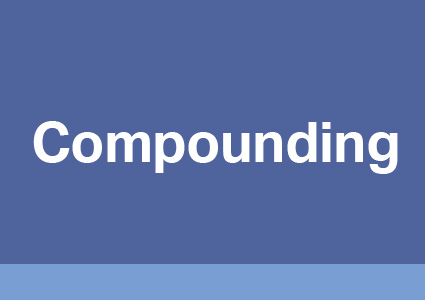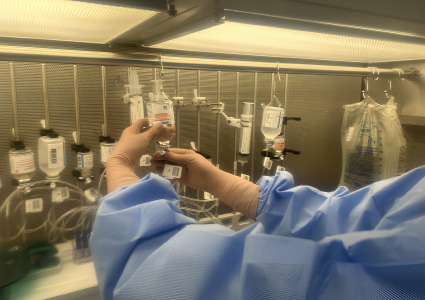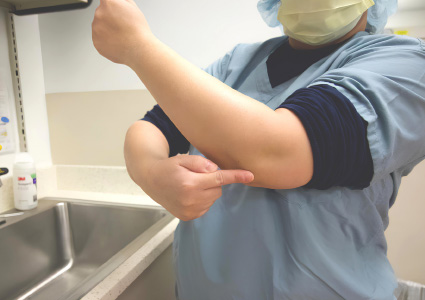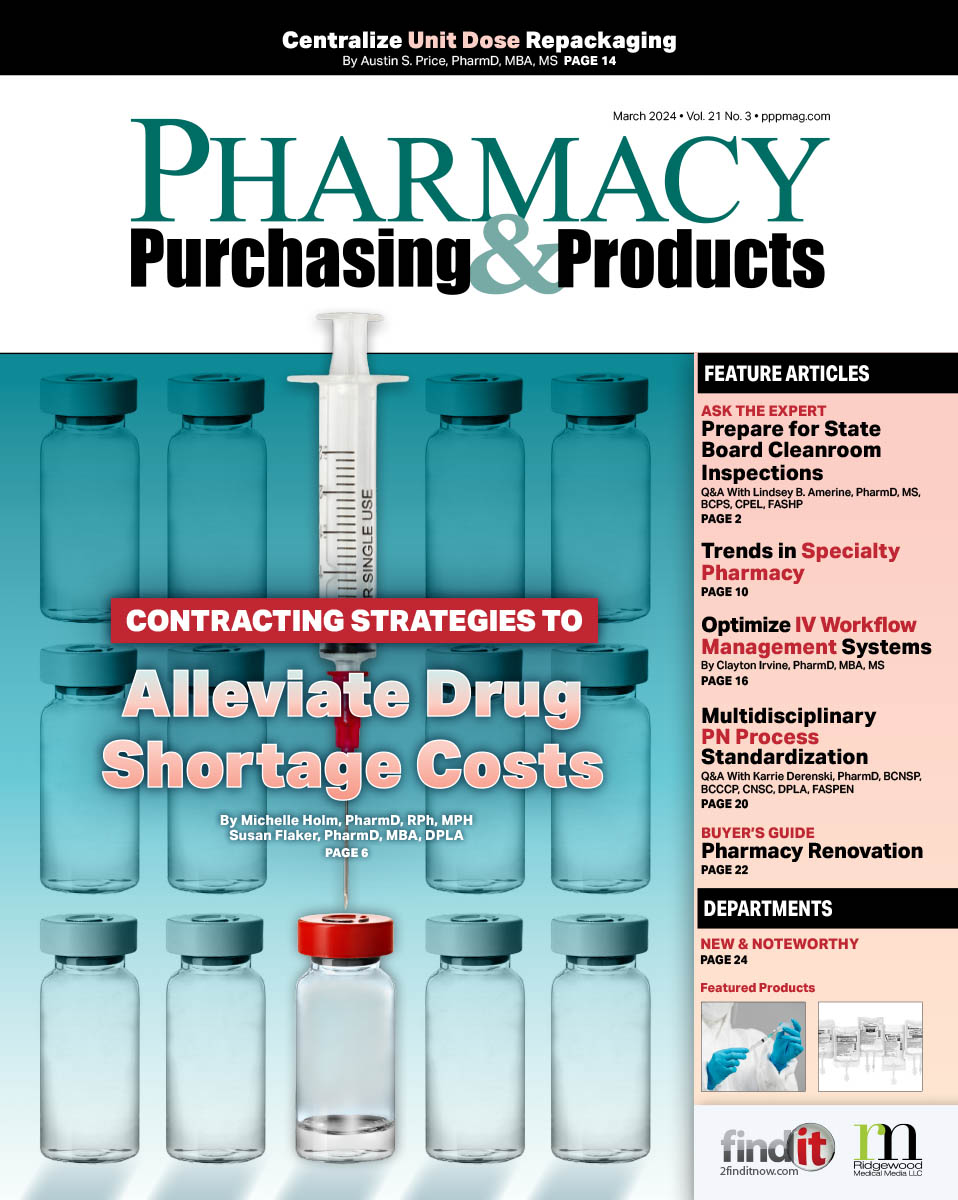- Show Menu
- Contact Us
- FAQs
- Reader Service
- Survey Data
- Survey Winners
- Testimonials
- Upcoming Events
- Webinars
- White Papers
New BPS Certification: CSP Pharmacy
Category:
Accreditation Survey Consulting
Click on a product name to expand the listing.
 Click this icon to request more information on a product.
Click this icon to request more information on a product.
Login
Like what you've read? Please log in or create a free account to enjoy more of what www.pppmag.com has to offer.
Recent Popular Articles
About Us
Pharmacy Purchasing & Products Ridgewood Medical Media, LLC
Quick Links
Subscribe to Our Email Newsletter!
© 2005 - 2024 PP&P Magazine - Pharmacy Purchasing & Products.
All rights reserved.








